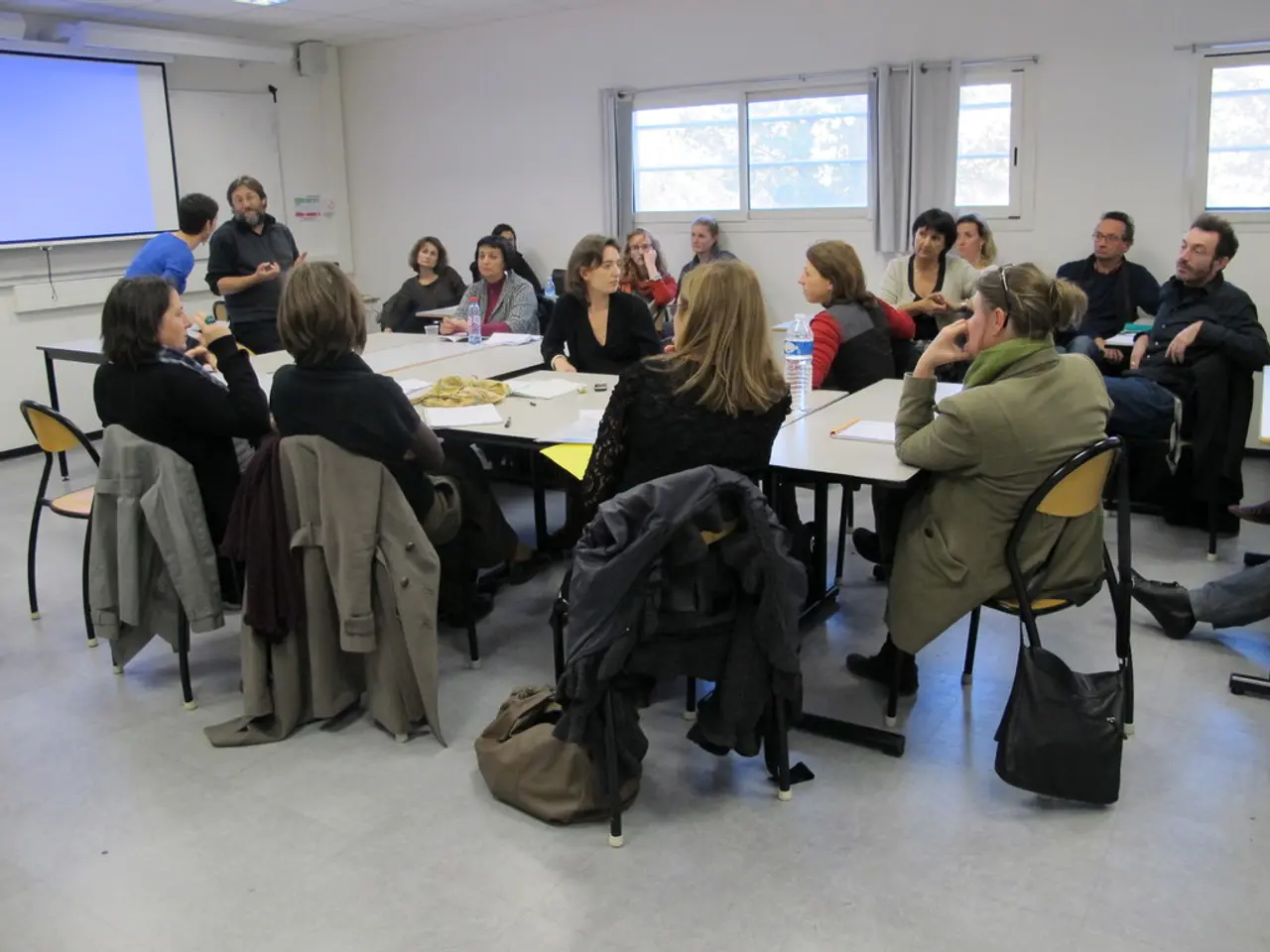Exploring and Mastering Cultural Customs in a Variety of Cultures
In a world increasingly connected by globalisation, understanding and respecting cultural norms is crucial for building successful personal and professional relationships. Here's a look at how cultural norms impact these relationships and how we can navigate them effectively.
Personal Relationships
Effective communication is the cornerstone of any relationship, and cultural norms around communication can vary greatly. In individualistic cultures, direct and explicit communication is valued, while in collectivist cultures, indirect and implicit communication is preferred. Understanding these differences is essential for effective communication and maintaining healthy relationships.
Emotional expression also varies across cultures. Some cultures encourage openness and emotional expression, while others value emotional restraint. Being aware of these norms helps individuals navigate their relationships sensitively.
Conflict resolution is another area where cultural norms come into play. Direct confrontation is common in some cultures, while others prefer avoidance or mediation. Recognizing these differences is essential for resolving conflicts respectfully.
Embracing cultural diversity can enrich personal relationships by introducing new customs and fostering cultural empathy. This exchange encourages personal growth and a deeper understanding of different cultural backgrounds.
Professional Relationships
In professional settings, cultural norms influence how communication unfolds, affecting team collaboration and decision-making processes. For instance, in more reserved cultures, like Singapore, there may be a preference for less confrontation and more structured communication, which can impact team dynamics.
Cultural norms also shape how individuals experience motivation, distress, and healing, impacting their overall wellbeing and job satisfaction. Understanding these cultural nuances is essential for creating inclusive and supportive work environments.
Leadership styles should be culturally sensitive, accommodating the diverse communication and conflict resolution preferences of team members. This sensitivity helps mitigate cultural misunderstandings and fosters a more inclusive professional environment.
The Importance of Cultural Sensitivity
Being culturally sensitive can enrich our life experiences by broadening our horizons, exposing us to new ideas, and gaining a richer understanding of the world. In professional settings, cultural sensitivity contributes to a more inclusive and harmonious work environment.
Open-mindedness is the first and perhaps most important strategy for navigating cultural norms in a multicultural society. By demonstrating understanding and respect for others' cultural norms, we communicate our respect for them as individuals, which can greatly strengthen our relationships.
Empathy plays a crucial role in understanding others' cultural norms, while active listening and observation are powerful tools for gaining insight.
In some cultures, mental health issues may carry a stigma and are less likely to be openly discussed. In contrast, other cultures may recognise the importance of mental health and advocate for open conversations around it. Similarly, traditional versus modern medicine is another domain where cultural norms play a part, with some societies relying more on natural or traditional remedies, while others predominantly lean towards modern, scientific medical practices.
In many Western countries, maintaining eye contact during a business meeting is seen as a sign of confidence and honesty. In contrast, in some Asian cultures, prolonged eye contact can be perceived as disrespectful or confrontational. In many Eastern societies, the family unit is highly valued, and elders are given the utmost respect. Many decisions, including those related to marriage and career, are often family-oriented rather than individual-centric.
In summary, cultural norms play a critical role in shaping the dynamics of both personal and professional relationships within a multicultural society. Awareness of these norms is vital for effective communication, conflict resolution, and overall relationship satisfaction. By being open-minded, empathetic, and culturally sensitive, we can navigate cultural differences and build stronger, more meaningful relationships.
- Culturally sensitive education and self-development programs can help individuals navigate their relationships effectively by teaching them about cultural nuances related to communication, emotional expression, and conflict resolution.
- The understanding and respect of diverse cultural norms, particularly regarding mental health discourse, can foster inclusive and supportive work environments, promoting mental health awareness and stigma reduction in the face of varying cultural beliefs and practices.




